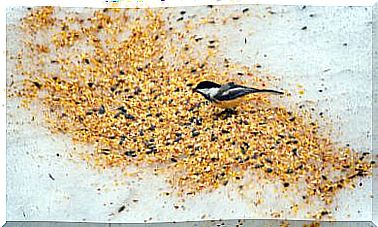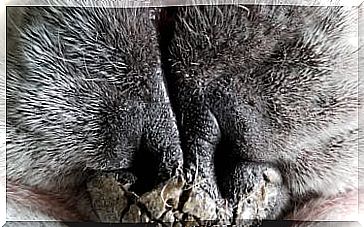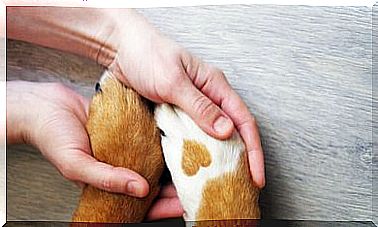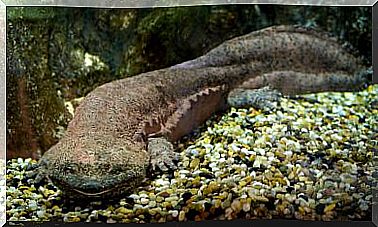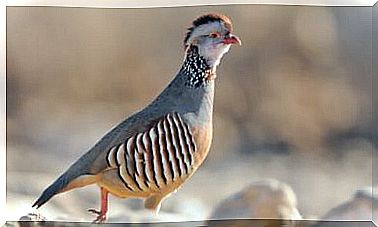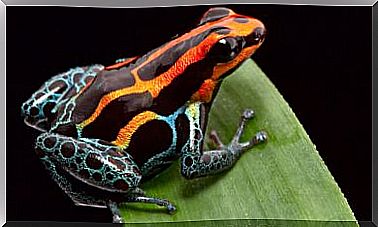Legality Of Exotic Animals As Pets
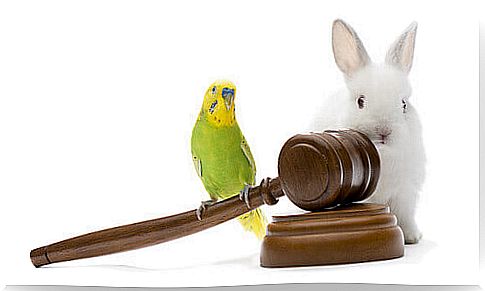
It is no longer strange that, every year, social networks and the media spread a ‘new trend’ of having some wild or farm species as a pet. Actually, the keeping of exotic animals in captivity by individuals is not always allowed by law and, in addition, it can carry certain risks to our health.
Exotic animals as pets: what does the law say?
As you can imagine, there is no universal regulation on keeping exotic species as pets. Each country can pass its own laws on this matter, depending on the need to protect native fauna, combat invasive species, protect citizens, and avoid public health emergencies.
In practice, this means that not all countries allow domestic ownership of the same animals. In other words, it is possible that Spain allows the raising of a species as a pet that is prohibited in France or the United Kingdom, for example.
Therefore, before deciding to adopt an exotic pet, we advise you to investigate those species whose introduction into the territory of your country or region is prohibited. It is also about looking at those that cannot live in captivity in private homes or whose commercialization is penalized by law.
Remember that you should never buy exotic animals online or through private sellers. In both cases, the origin of the animal, its state of health are unknown and, in addition, there is a risk of ending up financing the illegal traffic of wild species.
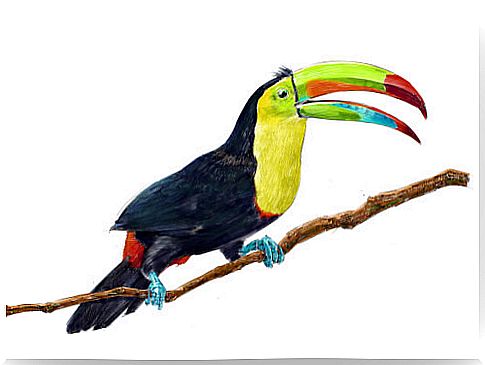
What exotic animals cannot be kept as pets in Spain?
In the first place, the Law of Natural Heritage and Biodiversity (Law 42/2007) provides that the introduction of invasive species in the territory of the Iberian Peninsula is considered a serious or very serious offense.
The law also determines that those who keep these animals in captivity, or facilitate their introduction into the country, may be sanctioned with fines ranging from 3001 to two million euros, depending on the species and severity of the damage caused to indigenous ecosystems.
Here are some invasive species in Spain that cannot be kept as pets:
- Bull frog
- Asian common toad
- Quail
- Japanese nightingale
- Raccoons
- Galapago tortoise
- Argentine parrot
- King cobra and several other species of poisonous snakes
- Various species of snails
Similarly, Spanish law also prohibits keeping exotic animals threatened with extinction as pets. In the event that a wild species is found injured or rescued, remember to contact the competent authority in your country –SEPRONA in Spain– as quickly as possible to report the incident and deliver the animal to a refuge specialized in the recovery of wildlife.
On the other hand, it is not recommended to adopt as pets the animals that are among the protected species of the International Trade in Endangered Species of Wild Fauna and Flora (CITES). This initiative created by the UN promotes the regulation of the trade of various exotic species and the fight against the illegal sale of animals.
The risks of adopting a monkey as a pet
Regardless of the law in force in your country, we always recommend using common sense before adopting certain exotic animals as pets. Although these species arouse a lot of interest and curiosity for their attractive appearance, the truth is that keeping them in captivity is taking unnecessary risks for the health of the animal and everyone around it.
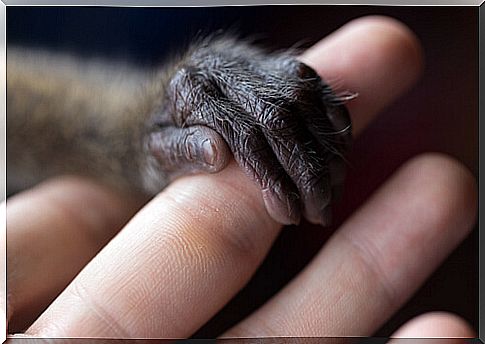
We must consider that there are numerous zoonotic diseases that animals can transmit to humans, as well as many pathologies that, although they are simple for us, such as influenza, can seriously compromise the well-being of other species, especially those that are not used to having contact with people.
And even when we speak of naturally social species, there are some like monkeys that can also be affected by chronic stress in captivity.
The sudden change of habitat and the limitations of an artificial environment often affect the mental health of animals and these disorders are reflected in their behavior. Therefore, symptoms of aggressiveness, destructiveness and other complex behavior problems can be caused.
In addition, providing an enriched environment and appropriate care for an exotic animal usually requires significant financial solvency, as well as time, patience and dedication on the part of its owners, especially beginners.
In summary: the legislation of Spain allows to have certain exotic animals as pets. However, the decision to adopt some exotic species carries unnecessary risks both for guardians and their families, as well as for the animals.
In this way, the ideal is really to choose companion animals that are already used to sharing their territory and their routine with human beings.
